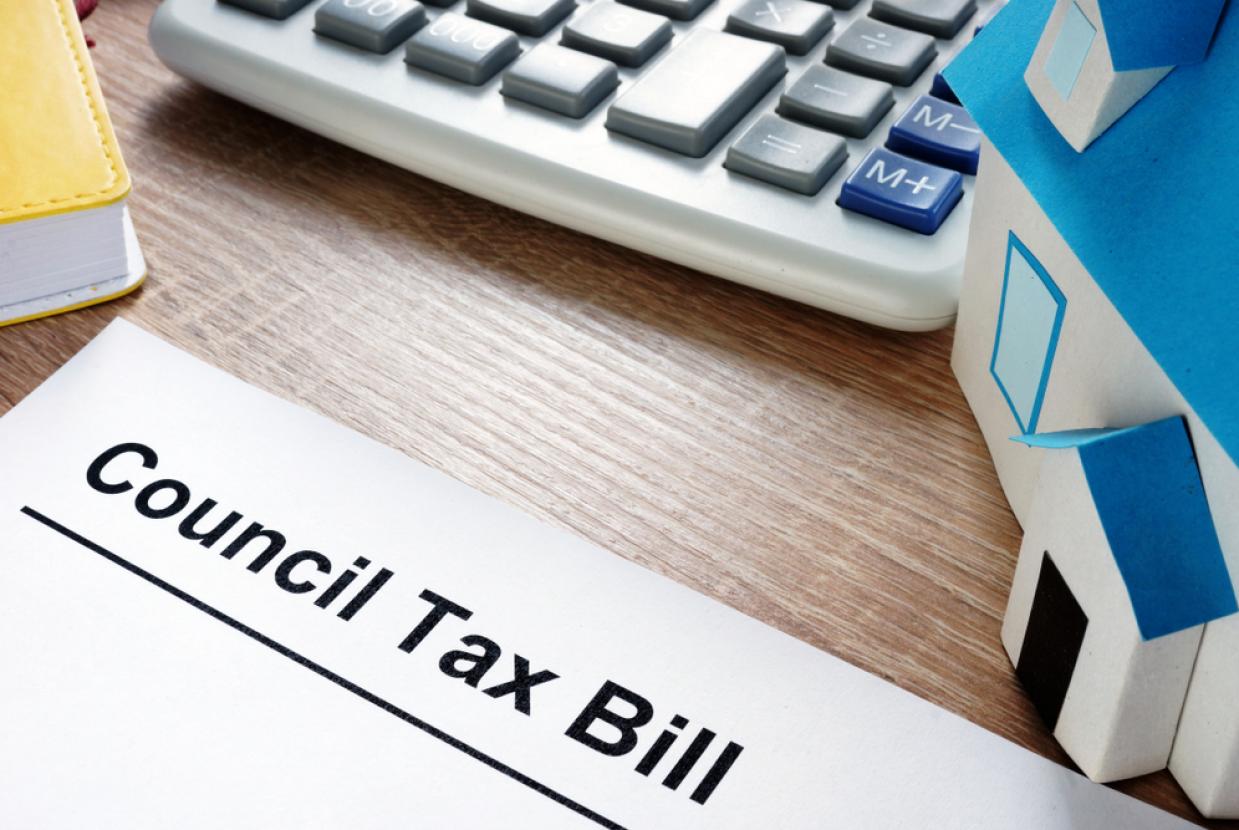Myth's Busted - Talking To Your Creditor
Think it’s not worth it? We sort the fact from the fiction about talking to your creditor if you have money struggles.
Myth: They just want my money
Fact: While they’re interested in the money you owe them, it is more expensive for your creditor to take drastic action, such as cutting you off or taking you to court. They want to sort things out at an early stage because it's better for both of you.
Many companies also have extra support in place just for situations like this, and they should work with you to come to a fair and affordable arrangement that suits them and your financial circumstances.
Myth: What if they cut off my service?
Fact: That’s a last resort that no one wants.
Ultimately, your provider has the power to terminate the service it provides to you, but only if you refuse to engage with them and continuously fail to make any payments towards your bill.
There are exceptions to the right to terminate services. For example, water companies are not allowed to disconnect or restrict your water supply even if you owe them money.
Myth: What if they refuse to talk to me?
Fact: With rising living costs and in the aftermath of the pandemic, creditors are expecting lots of people to be struggling right now. They will always want to talk to you and hear what you have to say.
To ensure they will listen, always be honest about your situation, don’t promise things to your creditor you can’t commit to.
Make sure you provide evidence, such as doctor’s letters if you need to. That will help them get the right support in place.
Myth: I haven’t got any money to offer them
Fact: Providers you owe money to can’t make you pay something you don’t have, so talk to them before you miss a payment. Telling them about your situation and showing you don’t have the money means they have to work around this.
They might allow you to take a break from making payments in the short-term or offer lower payments over a longer repayment term. If you’re really struggling, you can request a full or partial write-off of the debt in most serious cases.































